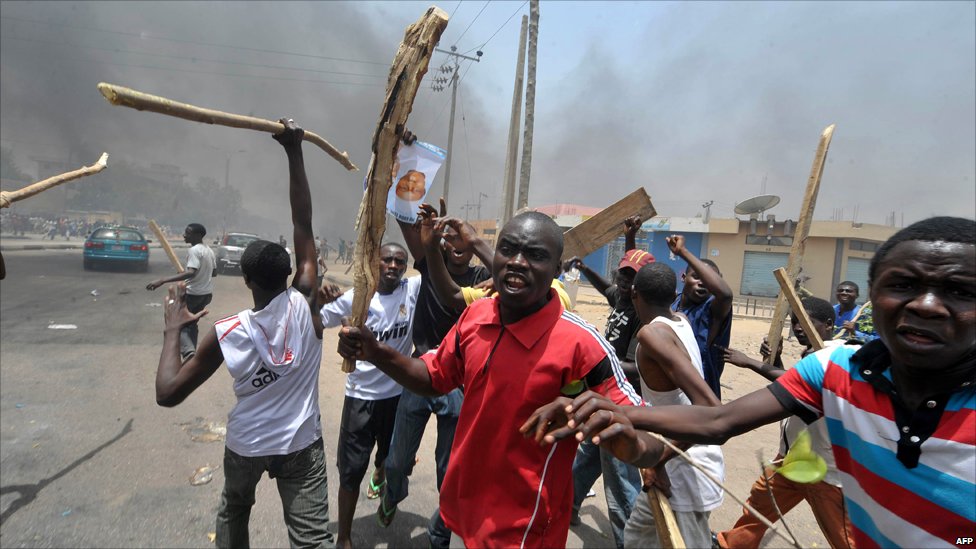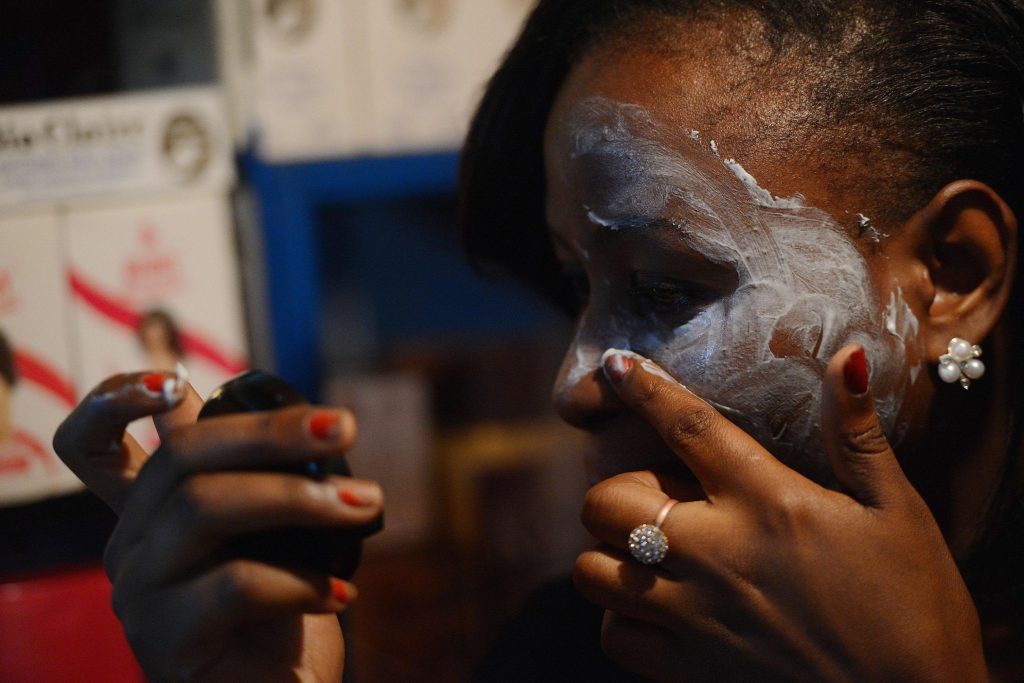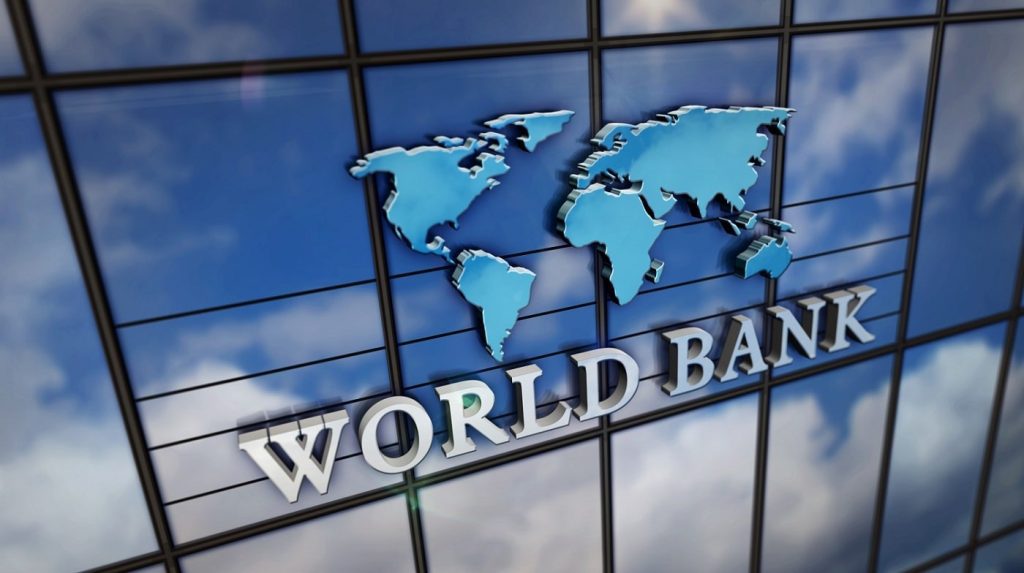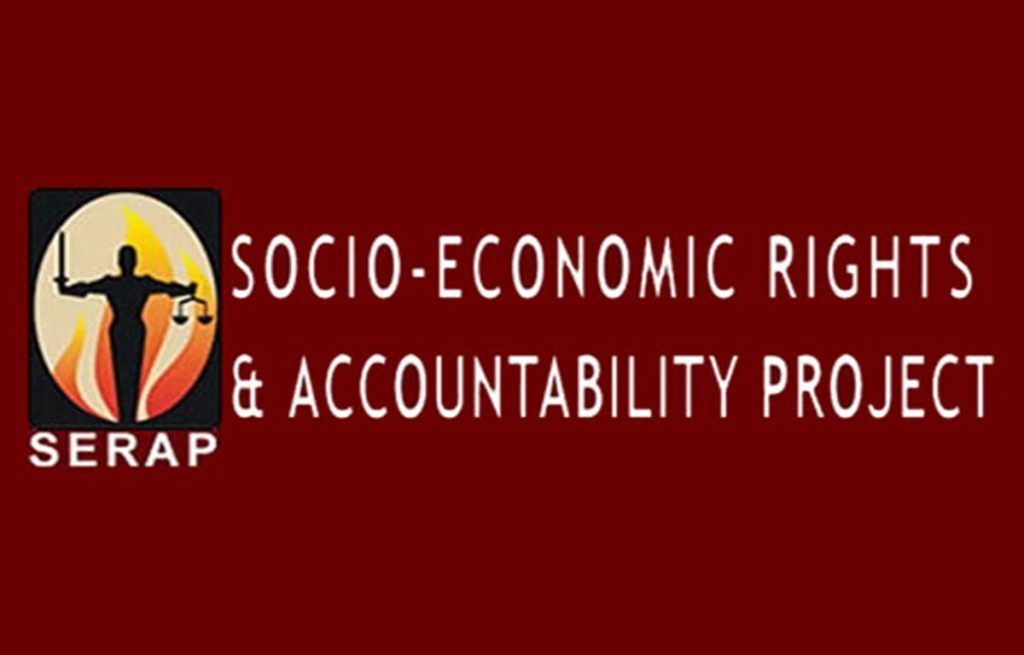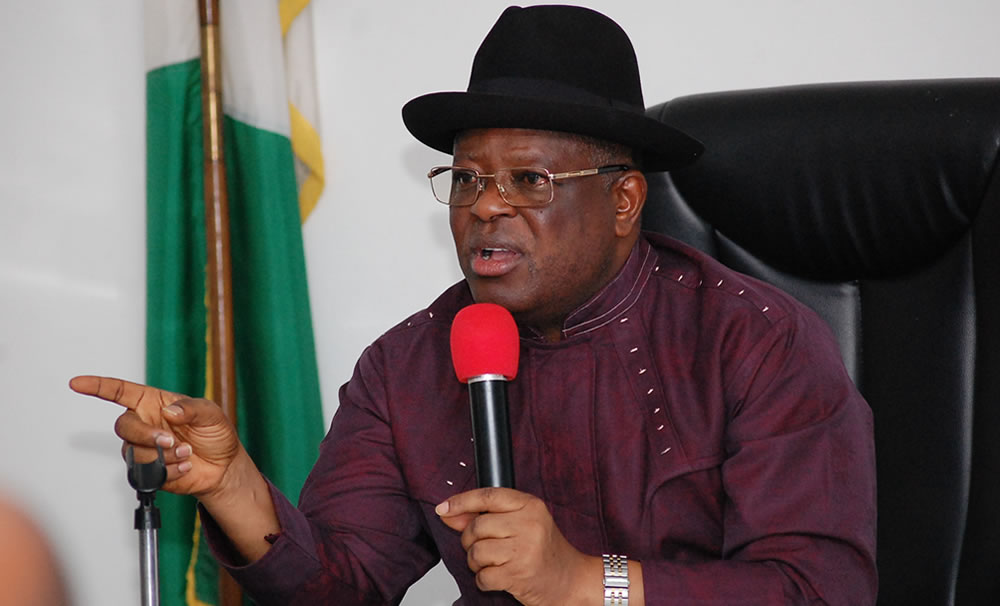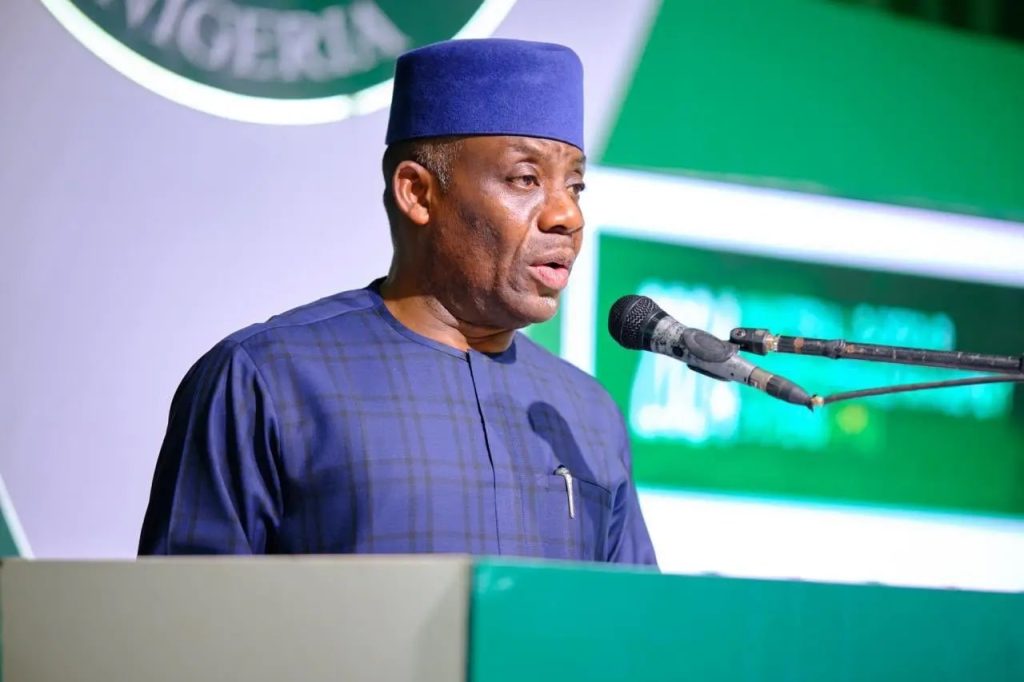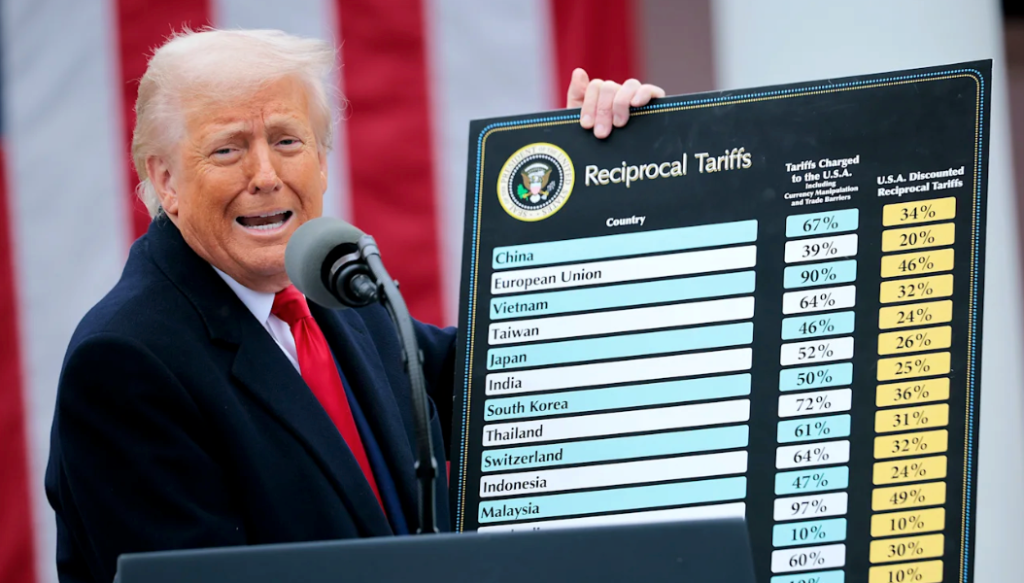Nigeria’s official exchange rate fell sharply on April 4, 2025, closing at N1,600 to the US dollar, as global financial markets continued to reel from the impact of sweeping U.S. tariffs imposed by former President Donald Trump. The depreciation marks the weakest level for the naira since December 2024 and raises fresh concerns about Nigeria’s exchange rate stability.
Naira Weakens by 3.9% in First Four Days of April
Data from the Central Bank of Nigeria (CBN) shows that the naira depreciated by 1.9% on April 4 alone, falling from N1,569/$1 the previous day. This latest slide brings the cumulative depreciation for the first four trading days of April to 3.9%, compared to its March 31 closing rate of N1,537/$1.
Friday’s performance represents the weakest official exchange rate since December 4, 2024, when the currency closed at N1,608/$1.
Volatile Intra-Day Trading Reveals Market Uncertainty
The naira’s intra-day performance on April 4 reflected extreme volatility. According to the CBN, the currency traded as high as N1,625/$1 during the day—one of the weakest rates recorded in 2025 so far. On the other end of the spectrum, the intra-day low stood at N1,519/$1, indicating that some market participants continued to bet on possible interventions or a rebound.
The NFEM (Nigeria Foreign Exchange Market) rate—a weighted average that reflects official market pricing—settled at N1,567/$1. This is the lowest average exchange rate recorded so far this year, echoing levels last seen in early December 2024.
CBN’s Net Foreign External Reserves Rise Sharply
Amid the exchange rate volatility, the CBN recently disclosed a notable improvement in its net external reserve position. As of December 31, 2024, net foreign external reserves had risen to $23.11 billion—marking the highest level in more than three years.
This figure represents a dramatic jump from $3.99 billion recorded at the end of 2023, and significantly higher than the $8.19 billion in 2022 and $14.59 billion in 2021. The rise reflects increased confidence in Nigeria’s financial management following recent reforms.
While the improvement in reserves has been widely welcomed, some analysts remain cautious. Given Nigeria’s continued dependence on volatile portfolio inflows and oil exports, the reserve buffer, although improved, is still seen as relatively fragile.
FX Forwards on the Horizon
To strengthen the reserve position further, sources indicate that the CBN is preparing a new round of foreign currency forward contracts. These forward sales—used to lock in future exchange rates—were previously deployed by the former CBN leadership under Godwin Emefiele. However, those contracts faced criticism for terms seen as overly generous to counterparties and disadvantageous to the Nigerian government.
The current administration appears to be taking a more measured approach, with insiders suggesting that the new forward contracts will have more favorable terms for Nigeria, potentially easing market pressure and encouraging long-term stability.
Global Shockwaves from Trump’s Tariff Offensive
The naira’s latest depreciation is part of a broader global market downturn triggered by the reimposition of Trump-era tariffs. In a controversial move labeled “Liberation Day,” Trump reinstated blanket tariffs on all U.S. trading partners, including developing economies. This has rattled financial markets worldwide, triggering capital outflows from emerging markets and heightening volatility.
In response, China retaliated by slapping a 34% tariff on all U.S. imports, further escalating trade tensions and raising fears of a global recession. These developments have had a cascading effect on oil prices and investor sentiment, both of which are crucial to Nigeria’s economic health.
Nigeria Caught in the Crossfire
Although Nigeria is not a major U.S. trading partner in goods beyond oil, it was not spared. The United States imposed a 14% tariff on Nigerian exports, citing Nigeria’s trade surplus with the U.S. Under Trump’s “reciprocal tariff” policy, the standard would have been a 28% levy, but Nigeria was granted a “concessionary” rate of 14%, according to Trump’s announcement.
While the direct trade impact of the U.S. tariffs on Nigeria is expected to be limited, the indirect consequences could be more severe. Most notably, the crude oil market—Nigeria’s economic lifeline—is already feeling the heat.
Oil Prices Slip Below Budget Benchmarks
In the aftermath of the tariff announcements, crude oil prices fell below $70 per barrel for the first time in 2025, triggering alarm in Abuja. This is well beneath the Nigerian government’s budget benchmark of $75 per barrel and could complicate efforts to meet the country’s fiscal targets.
Nigeria’s 2025 budget also assumes a daily crude output of 1.8 million barrels. Any prolonged drop in global oil prices or disruption in production could significantly affect dollar inflows, worsen the trade balance, and add further pressure on the naira.
Nairametrics analysts have identified the falling oil price as the single most consequential threat to Nigeria’s exchange rate outlook in the near term. The market’s response to geopolitical tensions, coupled with global recession fears, may keep the naira under strain unless counterbalanced by strong foreign reserve buffers and credible monetary policy actions.
Outlook: Fragile Stability Hinges on External Factors
As it stands, the naira faces a tough road ahead. The short-term outlook is clouded by global economic uncertainties, oil price volatility, and capital flight from emerging markets. However, the sharp rise in external reserves and the CBN’s proactive measures—including possible FX forwards—offer a glimmer of hope.
To sustain currency stability, Nigeria will need to remain vigilant, adopt a flexible exchange rate policy, and deepen structural reforms. Diversifying its economy away from oil and reducing reliance on hot money inflows will also be key to insulating the naira from future shocks.




